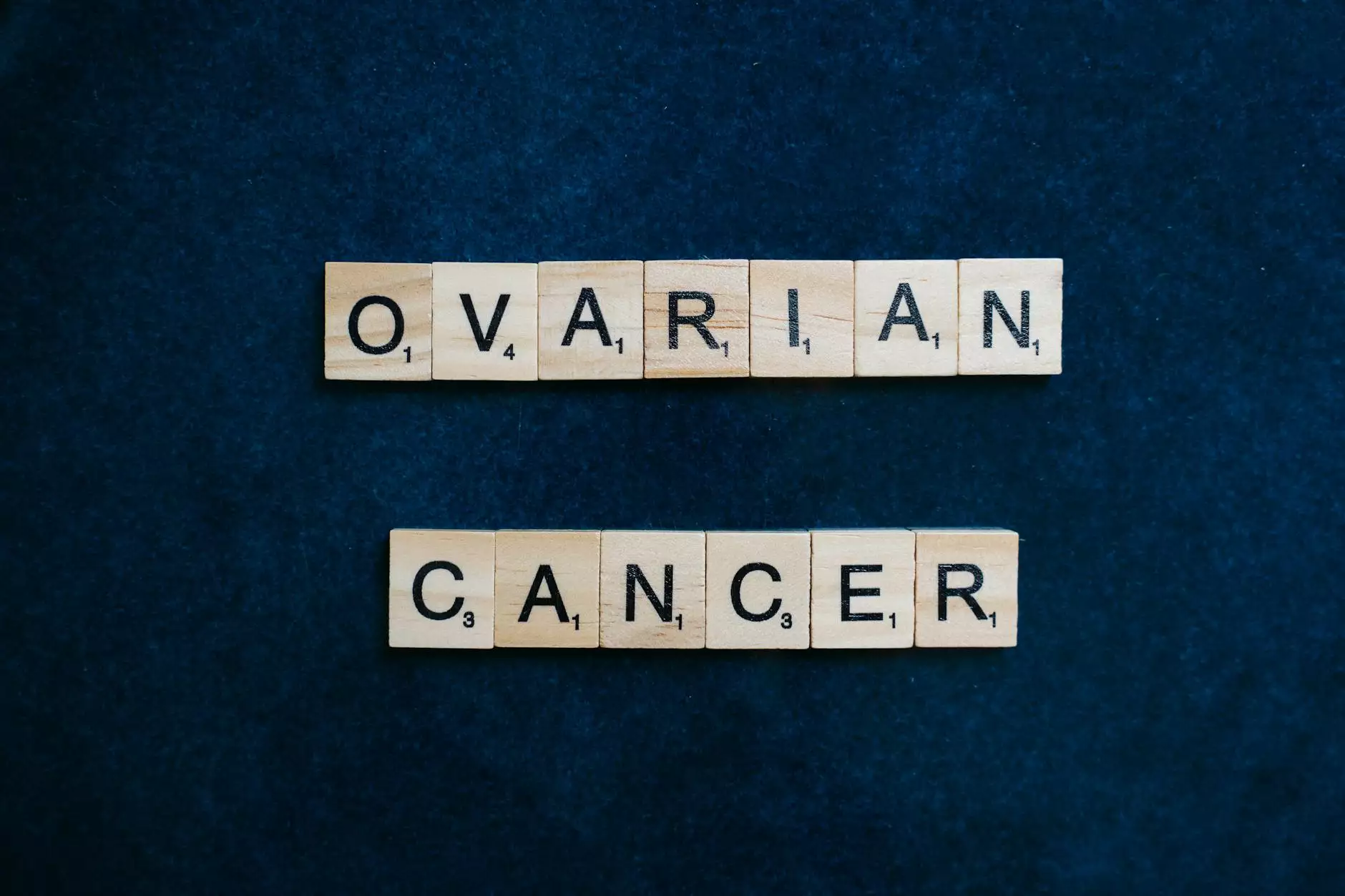Risk of Ovarian Cancer After Oophorectomy

Ovarian cancer is a significant health concern for many women, especially those with a family history of the disease. Oophorectomy, the surgical removal of one or both ovaries, is a procedure commonly recommended for women at high risk of developing ovarian cancer. Understanding the risk of ovarian cancer after oophorectomy is crucial for informed decision-making and effective post-operative care.
What is Oophorectomy?
Oophorectomy, also known as ovarian germ cell tumor surgery, is a surgical procedure to remove one or both ovaries. This procedure is performed for various reasons, including the treatment of ovarian cancer, prevention of ovarian cancer in high-risk individuals, management of certain gynecological conditions, and gender transition surgeries.
The Link Between Oophorectomy and Ovarian Cancer Risk
One of the primary reasons for undergoing oophorectomy is to reduce the risk of developing ovarian cancer. Ovarian cancer is often referred to as the "silent killer" because it is difficult to detect in its early stages. By removing the ovaries, which are the primary site of ovarian cancer development, the risk of developing this deadly disease is significantly reduced.
Assessing the Risk Post-Oophorectomy
While oophorectomy can greatly reduce the risk of ovarian cancer, it is essential to understand that the procedure does not completely eliminate the possibility of developing the disease. Some factors can still influence the post-operative risk of ovarian cancer, such as the presence of any remaining ovarian tissue, genetic predisposition, hormone replacement therapy, and lifestyle factors.
Monitoring Ovarian Cancer Risk After Oophorectomy
Women who have undergone oophorectomy should work closely with their healthcare providers to monitor their ovarian cancer risk. Regular screenings, such as transvaginal ultrasounds and CA-125 blood tests, can help detect any signs of ovarian cancer early on. Maintaining a healthy lifestyle, including a balanced diet and regular exercise, can also contribute to reducing the risk of cancer recurrence.
Expert Guidance at DrSeckin.com
At DrSeckin.com, our team of expert obstetricians and gynecologists specializes in women's health and surgical interventions, including oophorectomy. We understand the risk of ovarian cancer after oophorectomy and are dedicated to providing comprehensive care to our patients. Whether you are considering oophorectomy for cancer prevention or have already undergone the procedure, we are here to support you every step of the way.
Contact us today to schedule a consultation and learn more about managing your ovarian cancer risk after oophorectomy.









